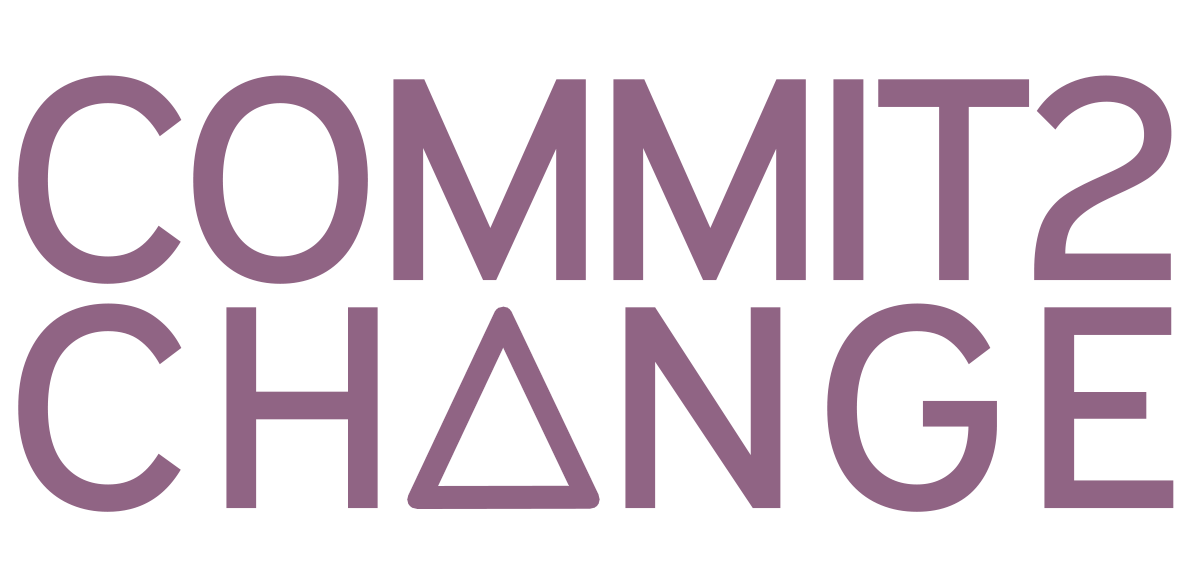C2C Teacher at Harihanananda Balashram
Over the past two years, Commit‑2‑Change has partnered with Hariharananda Balashram (HB), a residential school in Odisha, India that serves orphaned and semi-orphaned girls. HB was founded in the aftermath of a devastating typhoon that destroyed local villages and schools. Here, classrooms are more than just places to learn. They’re places of healing, empowerment, and new possibilities. Many of our students arrive carrying heavy emotional and social burdens, unsure of their own voice or potential. But through C2C programming, supported by teachers who believe deeply in each girl, these young lives are changing. Thanks to your support, girls who once doubted themselves are now stepping into futures they once thought out of reach.
To close out the year, we sat down with Gayathri, one of HB’s dedicated C2C teachers, to hear her perspective on how the program is changing lives.
Inspiring Teaching Through Purpose
When asked what inspired her to begin teaching C2C classes, Gayathri shared a powerful motivation: helping girls believe in themselves.
“I always wanted to guide students in building confidence and learning practical skills,” she explained. “The C2C program is inspiring and rewarding because it empowers underprivileged girls through meaningful, activity-based English learning.”
For Gayathri, the greatest joy is watching students develop slowly, steadily, and with growing pride. The C2C curriculum’s hands-on, child-centered approach sparks creativity and joy in the classroom while strengthening teachers’ skills in lesson planning, classroom management, and innovative instruction.
“At HB, the environment emphasizes compassion, values, and community service,” she said. “Seeing the girls’ excitement when they learn something new, that keeps me motivated every day.”
Breaking Barriers for Underprivileged Girls
Many girls at HB face significant challenges: low self-confidence, emotional stress, limited exposure, and a hesitation to speak or try new things.
“The girls face several challenges because of their backgrounds,” Gayathri shared. “Many struggle with communication, participation, and believing in their abilities.”
Here, C2C services becomes a turning point.
With supportive teachers, teamwork, creative activities, and structured guidance, the girls begin building essential skills (confidence, communication, creativity, and critical thinking) that prepare them for a stronger future.
“With proper guidance, they grow into confident and capable learners,” she said. “It’s beautiful to watch.”
A Story of Transformation: Anita’s Voice
Among the many students Gayathri has taught, one stands out: Anita.
“She barely spoke in class,” Gayathri recalled. “Answering even one question was tough for her.”
But through months of C2C activities (group projects, conversations, role-plays, and gentle encouragement) everything began to change. Anita slowly started to participate. Then one day, she surprised everyone by volunteering to lead a class activity.
“She spoke clearly, stayed confident, and even helped her teammates,” Gayathri said, smiling. “To see a child who once avoided eye contact transform like that, it touched me deeply.”
Anita’s journey reflects the transformation happening across HB: girls who once sat silently are now raising their hands with pride.
Confidence: The Change We See Most Often
When asked about the most common transformation among students, Gayathri didn’t hesitate: confidence.
“Students who were quiet start talking, sharing ideas, and participating in group work,” she said. “Confidence changes everything.”
With confidence comes curiosity. And with curiosity comes opportunity.
Dreams for the Future
Looking ahead, Gayathri’s hopes for her students are both simple and profound:
“I hope they grow into confident, kind, and independent individuals who aren’t afraid to dream big. I want them to feel proud of where they come from, yet ready for the wider world.”
She also hopes HB and the C2C program continue expanding, reaching more girls, offering more opportunities, and breaking down the societal barriers that limit their futures.
“The program is giving them a safe space to connect, share experiences, and build a support network that will last a lifetime.”
As we look toward the next year, we are deeply grateful to our donors! Your support makes this work possible and continues to open doors for every girl we serve. Thank you.




























